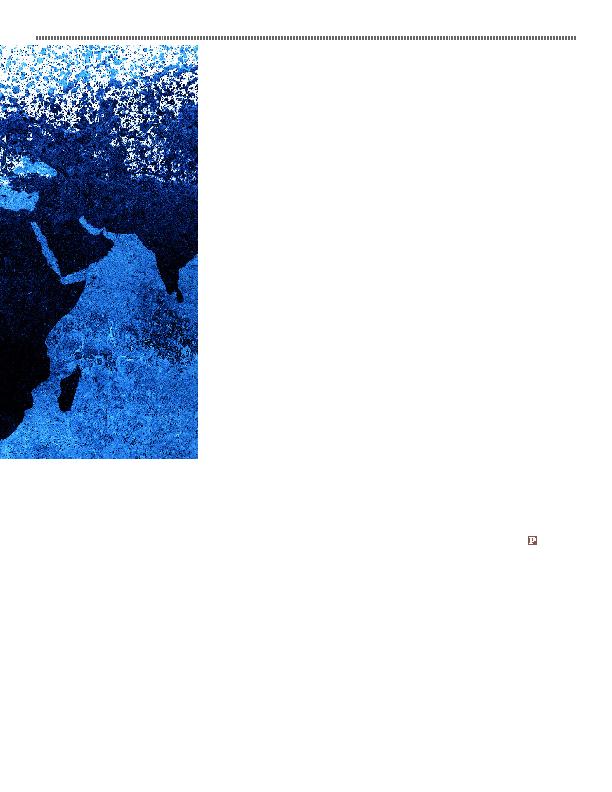
came together at the negotiation table.
Ultimately, it is an undeniable fact that
the US and the EU still have the world's
biggest integrated economic relationship.
Since total US investment in the EU is
three times higher than in all of Asia
and EU investment in the US is around
eight times the amount of EU investment
in India and China together, EU and
US investments are the leaders of the
transatlantic relationship, contributing
to economic growth and jobs on both
sides of the Atlantic
shape of the global economy as a whole.
Either the EU or the US is the largest
trade and investment partner for almost
all other countries in the global economy,
together for about half the entire world
GDP and for nearly a third of world
trade flows.
benefits of TTIP, other countries trying to
export goods and services to the US and/
or the EU will suffer from the formalities
of expatiation and they will need to
expend more efforts. These concerns have
mutually been addressed by most of the
countries not covered by TTIP, especially
the developing ones. In any case, potential
resolutions for such concerns have been
discussed in the negotiation phase by both
parties at the briefings of TTIP.
Affect Turkey?
is very crucial for global commerce, both
the US and the EU have smooth and
effective trade relations with Turkey.
Turkey has already signed a Customs
Union Agreement
Turkey will be in a disadvantageous
position while trading with the EU or
the US. The goods imported from the
US and the EU will pass through the
customs of Turkey without any customs
tariff; however, Turkey will suffer from
the tariffs. This will lead to an unfair
competition for Turkey against the EU
and the US. Although having signed a
customs union agreement with the EU,
TTIP would effectively block Turkish
exports to enjoy the tax advantages in the
EU, unless Turkey's being a party to the
free trade rules are negotiated with the
EU and/or the US.
Taking these concerns into account,
the Turkish government announced the
possibility of freezing the customs union
agreement with the EU in the event that
Turkey does not become a party to TTIP.
The government foresees that being left
out of TTIP would create a $3 billion loss
to Turkey per year
into the TTIP for the automatic inclusion
a Customs Union arrangement.
Turkey to be Involved in TTIP
recently on the betterment of Turkey's
status and position at the Customs Union,
which is between Turkey and the EU
and TTIP. Nihat Zeybekci, the minister
of economy of Turkey, and Cecilia
Malmström, the European Commissioner
for Trade, came together in Brussels on
May 12, 2015, and signed a memorandum
of understanding (MoU) to amend the
Customs Union Agreement to conform with
TTIP. The MoU covers certain significant
titles such as i) agriculture, services and
public procurement, ii) Turkey's taken a
part in the position of decision making
process, iii) decrease of quota in land
transportation, etc. Nevertheless, the
most critical section of the MoU is the
part about Turkey's being included in the
TTIP. As the EU is one of the two parties
of the TTIP, EU's support to Turkey for
being a part of TTIP is very crucial. The
MoU will take effect on January 1, 2016,
and until such date and then, Turkey has
been promised by EU to be informed of
every step and progress of the negotiations
between the US and EU about TTIP.
Still, there should be concrete steps
taken by Turkey to enact necessary
economic reforms. After satisfying all the
required standards in the domestic market,
production and legislation, debates over
the involvement of Turkey in the TTIP can
take place at a realistic level.
2 ustr.gov/sites/default/files/USTR%20FY%202013%20
5 trade.ec.europa.eu/doclib/events/index.cfm?id=1239
6 ec.europa.eu/trade/policy/countries-and-regions/
&NewsCatID=429